
Study: T-Touch ‘Positively Accepted’ by Saddle Horses
Horses undergoing T-Touch exhibited fewer aggressive reactions than those experiencing massage or rest.


Horses undergoing T-Touch exhibited fewer aggressive reactions than those experiencing massage or rest.

Chronic stress could lead to an increased susceptibility to disease due to the activation of certain genes.

Training outcomes are affected by a horse’s arousal state and his attachment to his trainer, scientists say.

Study results suggest riders of all levels tend to misjudge the amount of tension they apply to their reins.
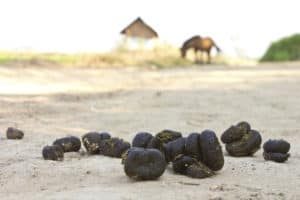
Researchers found that horses’ waste both helps and hinders the environment in different ways.
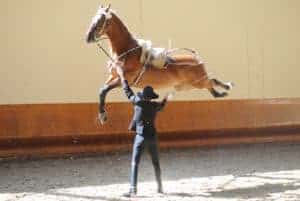
Researchers are investigating the airs above the ground to help improve training and safeguard equine welfare.

Researchers found that certain hormones could be easily detectable red flags of overtraining in horses.

The field protocol is designed to be low-risk, efficient, economical, and effective in identifying lesions.

Lactating mares on good quality pasture didn’t need grain to maintain their weight or their foals’ growth.
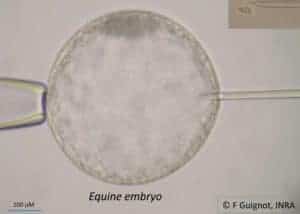
One embryo biopsy technique yields accurate results for sex determination without serious threat to survival.
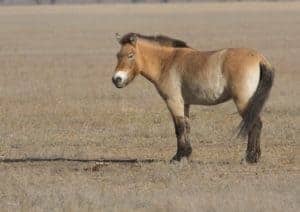
The 700,000-year-old stallion is the oldest animal of any species to have its DNA fully sequenced.

Researchers are investigating how young horse management practices can impact osteochondral lesions.

Osteochondrosis is the central topic of a special issue of the Veterinary Journal.

Researchers believe positive reinforcement with food rewards helps horses in training learn better.
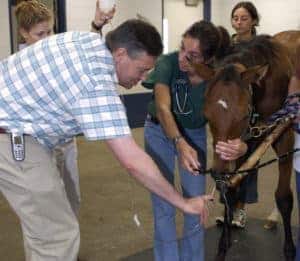
Only performing bronchoalveolar lavage in a single lung could lead to missed diagnoses, one veterinarian says.
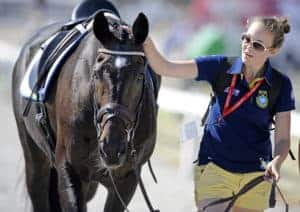
To help horses retain what they learns during training, aim to keep them as stress-free as possible.
Stay on top of the most recent Horse Health news with